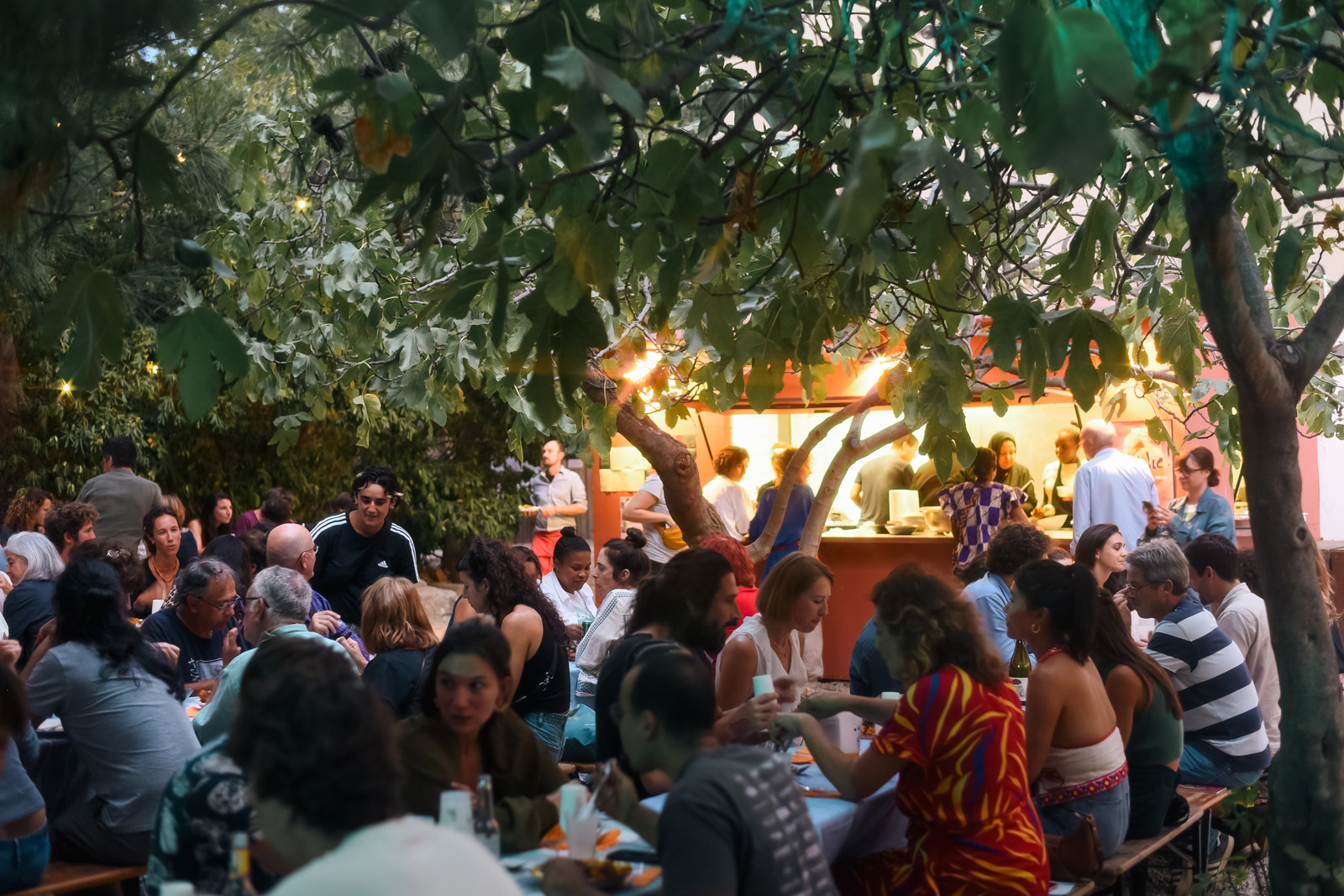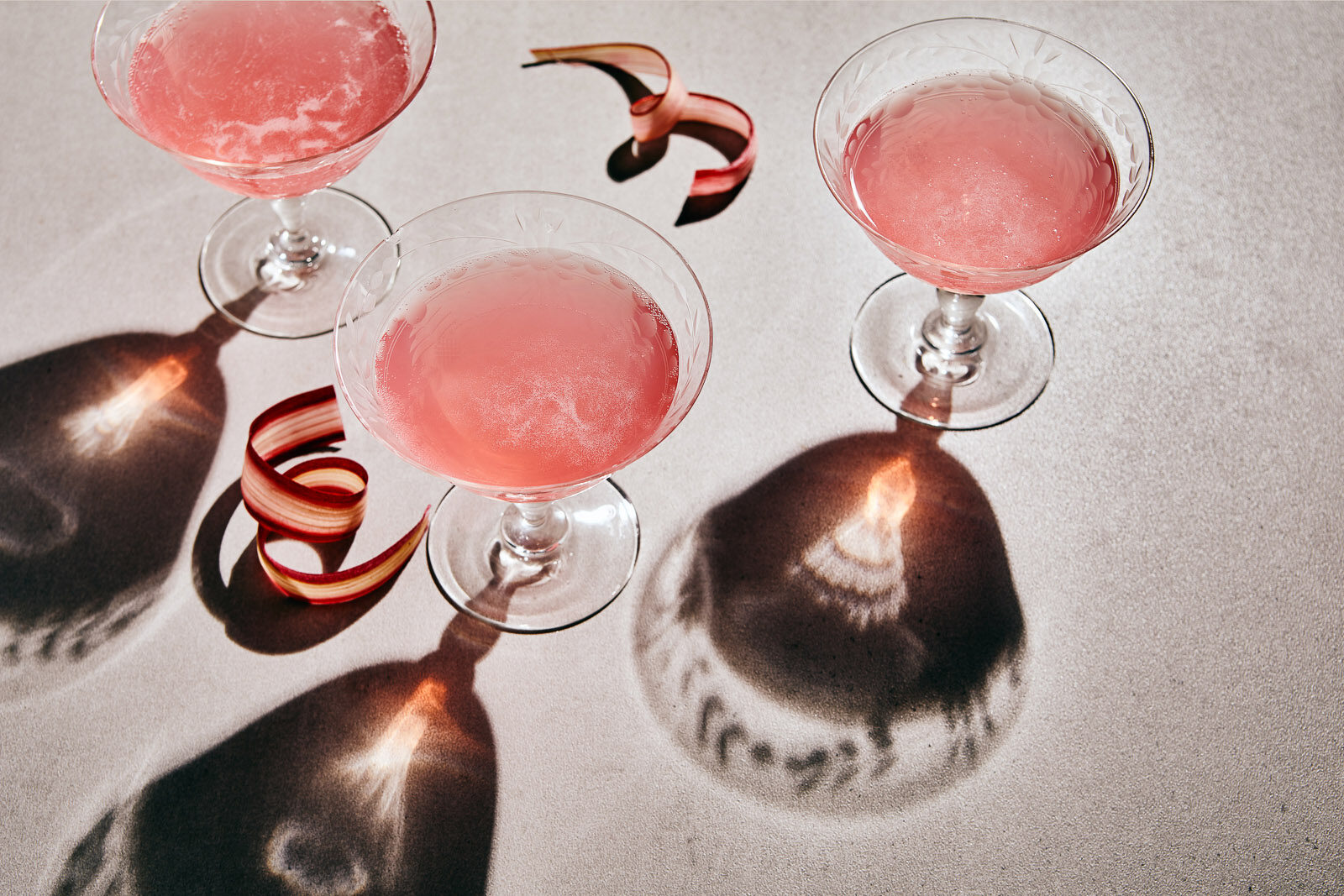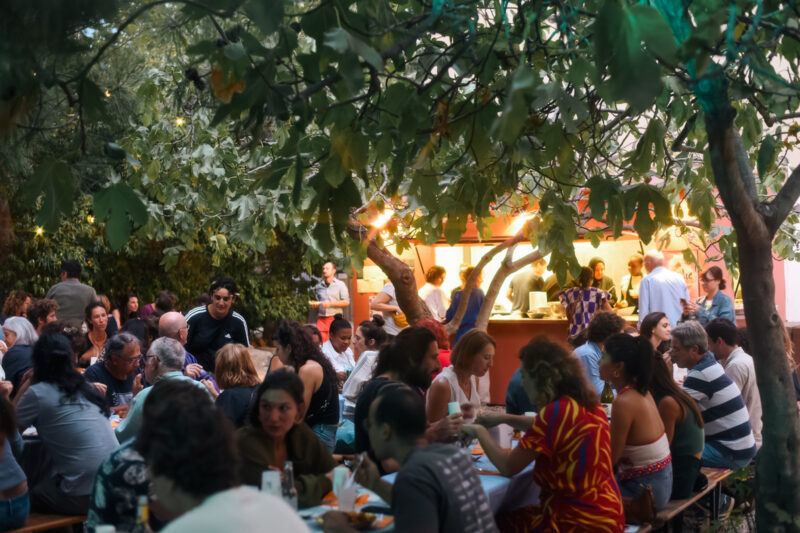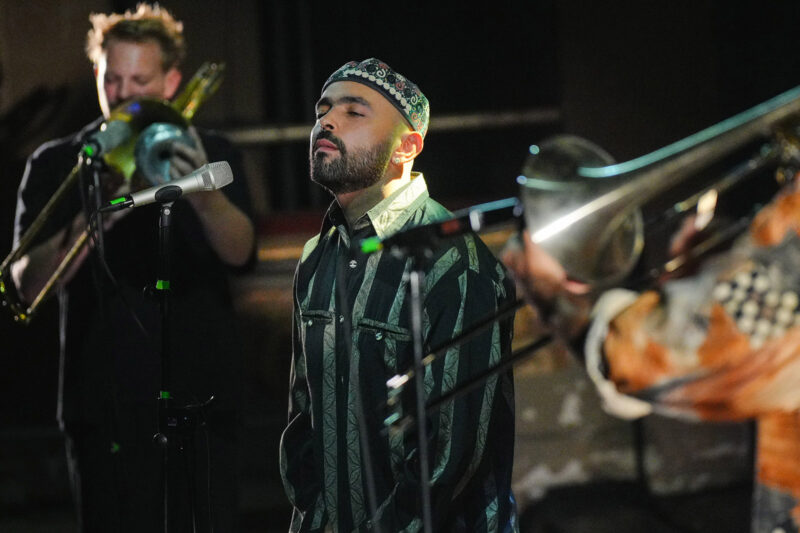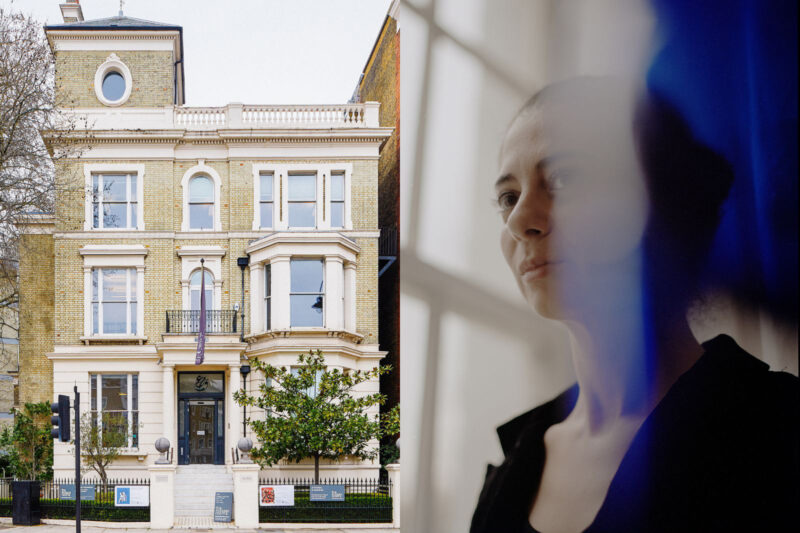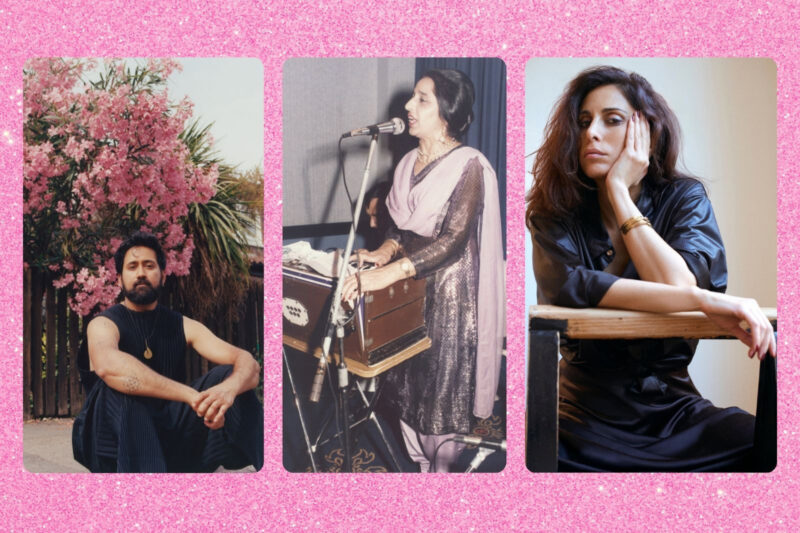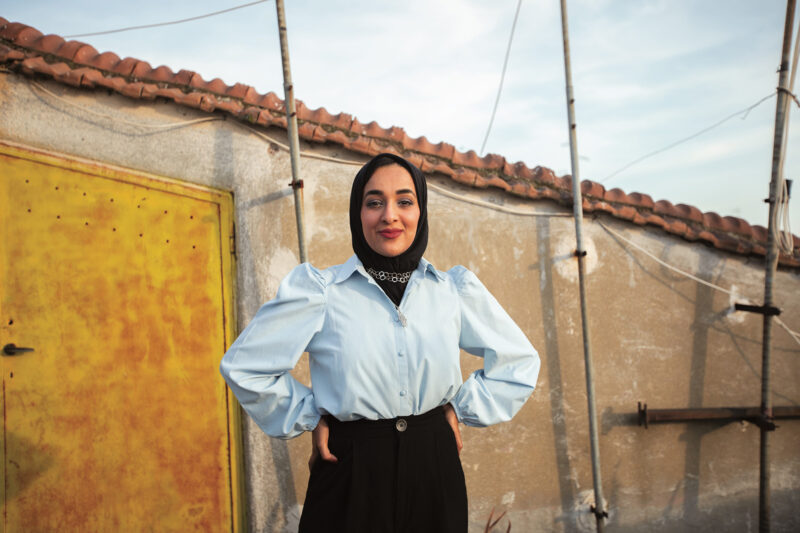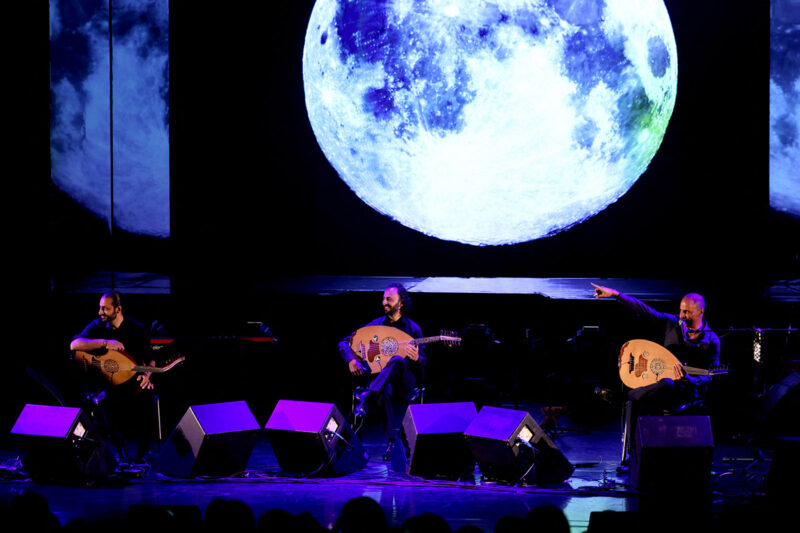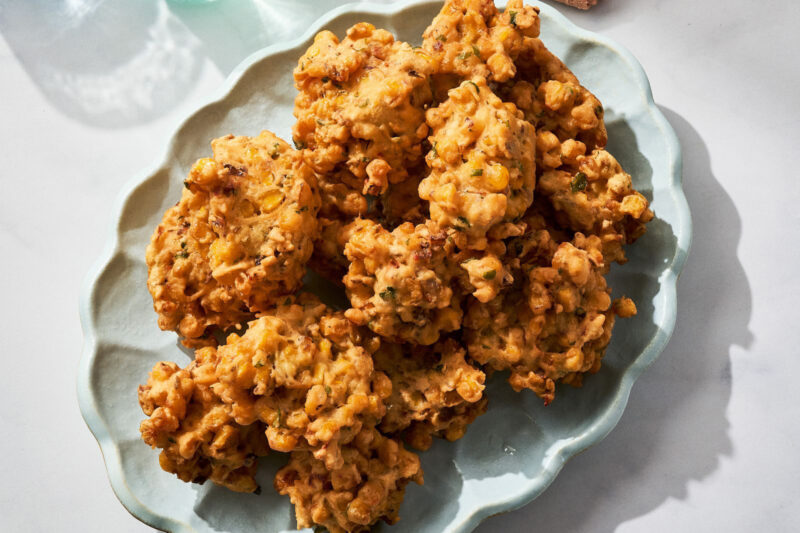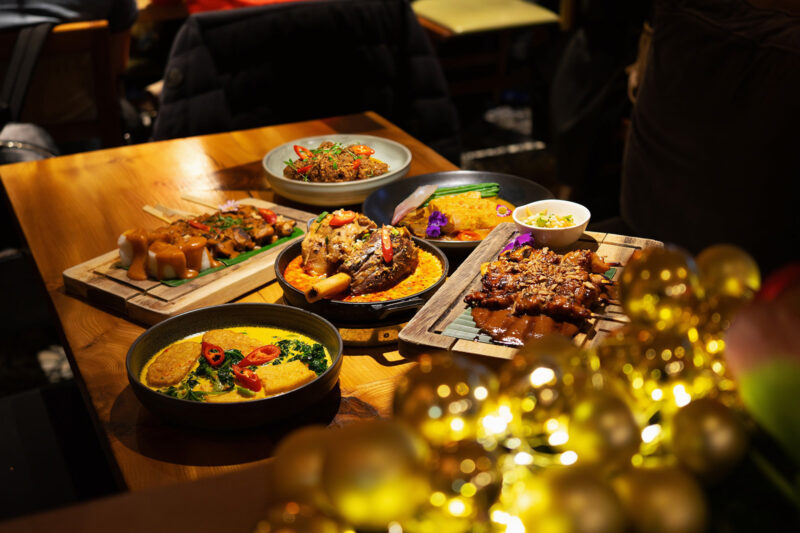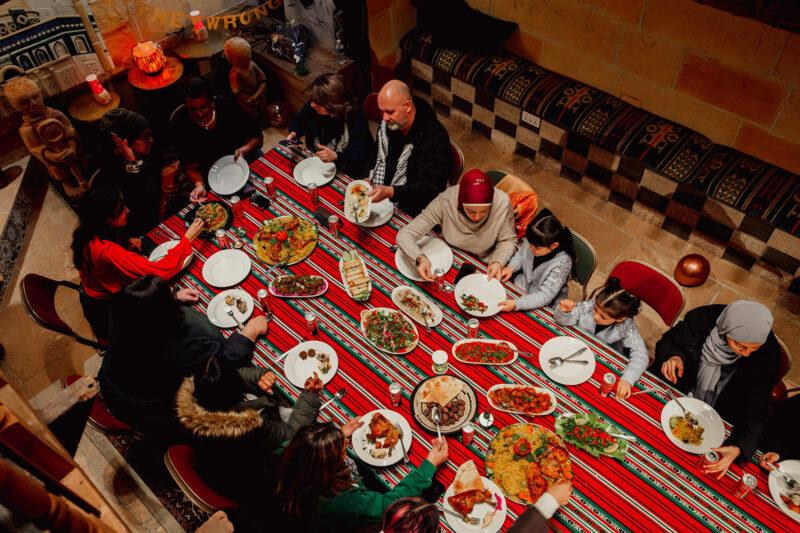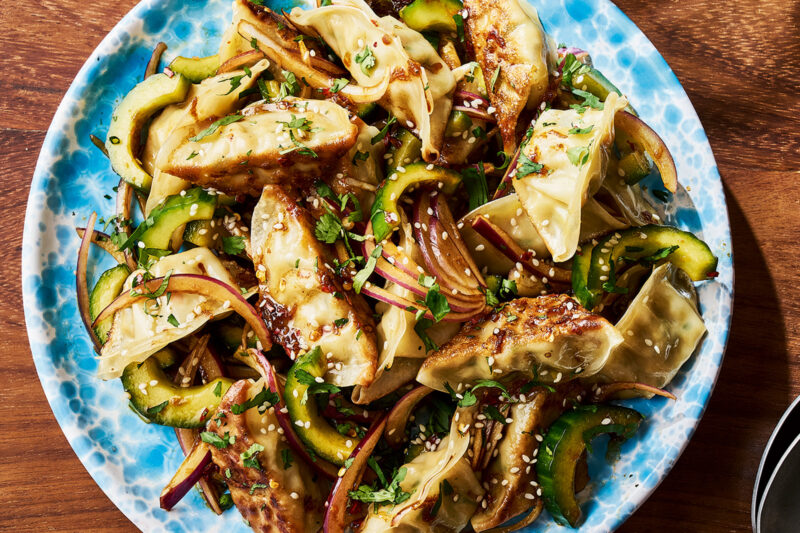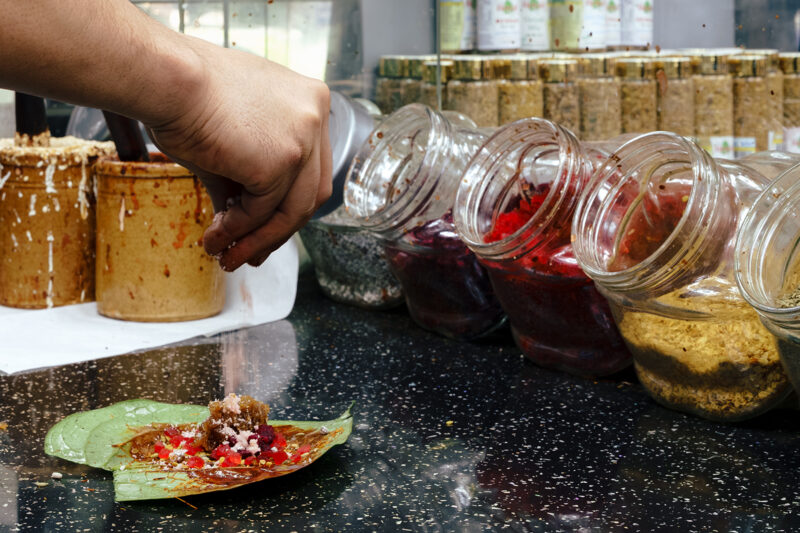Winning stomachs not minds: the unstoppable rise of French halal
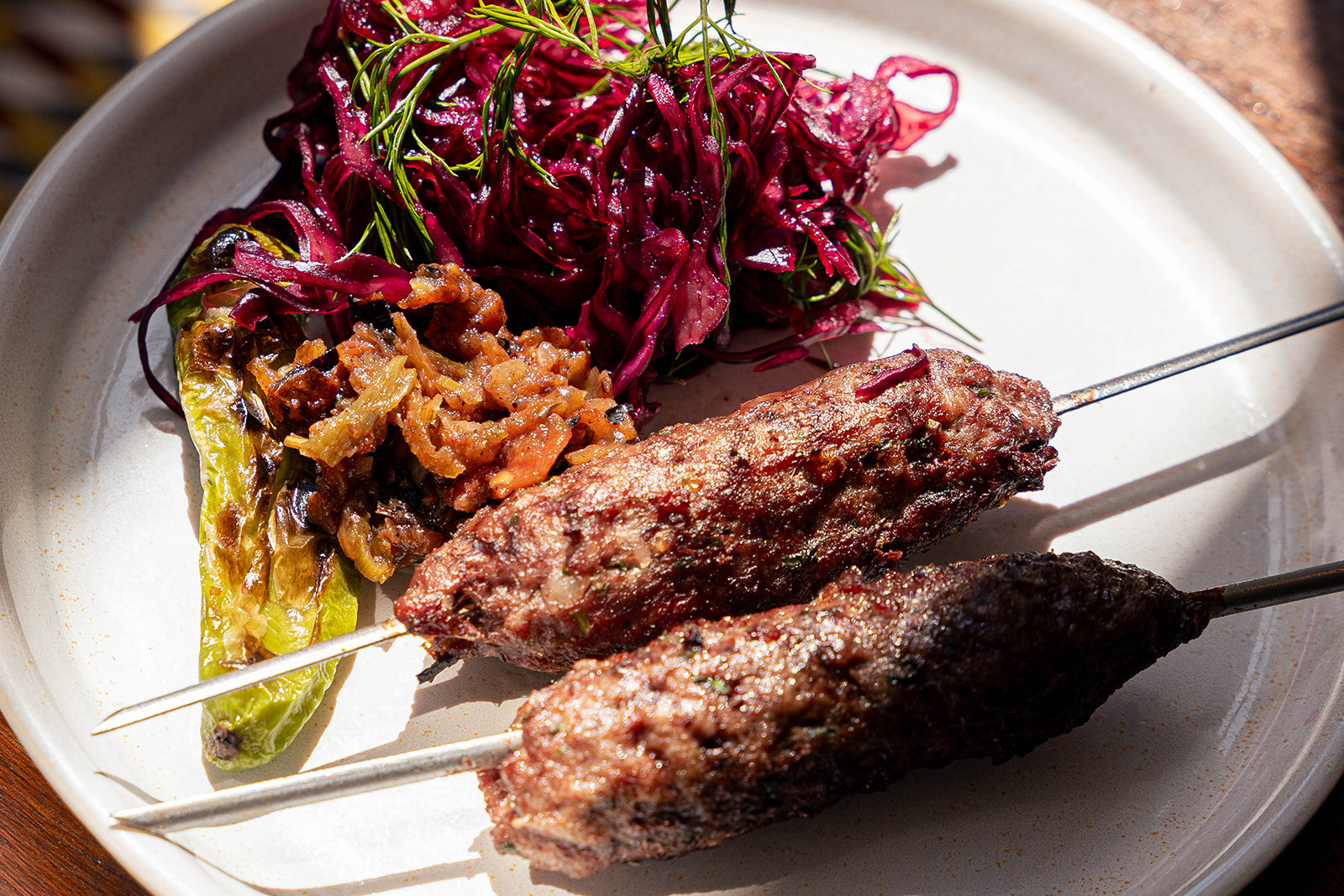
In France, food is political. Despite outcry from culinary nativists, halal cuisine is booming in Paris. Here’s where to find some of the best
When the French talk about halal, the conversation is rarely about the food itself.
Quick, a Belgian hamburger chain, discovered exactly that when, in 2009, the introduction of halal menus at a handful of its restaurants spiralled into a national debate about French republicanism.
Marine Le Pen, then the vice president of the far-right National Front party, said the move portended “the forced Islamisation of France”, while one local Socialist Party mayor said it was a form of discrimination against non-Muslims.
Almost fifteen years later, halal burgers have not ushered in the demise of the secular French Republic as feared and Quick’s experiment has proved so commercially successful that it has been adopted in all its restaurants.
So when the American burger chain Five Guys announced in October that it would offer halal menus in six of its branches in France, there was a certain déjà vu in the furore that followed. On CNews, a French news channel closely aligned with the French far right, one guest said the decision was evidence of food “communautarisation”, a French political term that doesn’t have a direct translation into English, but is used to accuse minorities of practicing separatism.
Halal, it seems, is the French moral panic that never dies. The presence of halal meat on school and hospital menus and supermarket aisles continues to be deployed as proof of an existential threat to national identity.
That halal remains so effective as a nativist political weapon is perhaps a consequence of France’s gastronomic exceptionalism. No other nation has successfully lobbied to enshrine the way it eats – rather than a specific dish – on Unesco’s list of “intangible cultural heritage”.
Fittingly, it was the French sociologist Pierre Bourdieu who argued that taste is a marker of social boundaries. Bourdieu recognised that what and how we eat does not simply express preference, but signals what groups we belong to and which we distance ourselves from.
The backlash to halal is a case in point. The refusal to accommodate halal in public settings has functioned as a quiet form of exclusion and its continued vilification is an effort to preserve those boundaries.
Those that choose to cater to Muslims still face the risk of violence for doing so. In the past year alone, Muslim restaurant owners in Lyon and Paris have reported receiving racist abuse and death threats. Others have spoken of the frustration of being given negative reviews by non-Muslims angered by having eaten halal without realising.
None of this has dampened the demand for halal in France. It is difficult to say exactly how many restaurants serving halal exist across the country, but the market could be worth as much as €12bn and has grown by a third since 2010, according to one estimate.
The following list offers a sample of how diverse halal choices have become in Paris. Each, in its own way, pushes back against common misconceptions: some by foregrounding the origin and quality of their produce, others by showing that halal is not limited to North African cuisine or to traditional restaurant settings.
A hip neighbourhood hangout
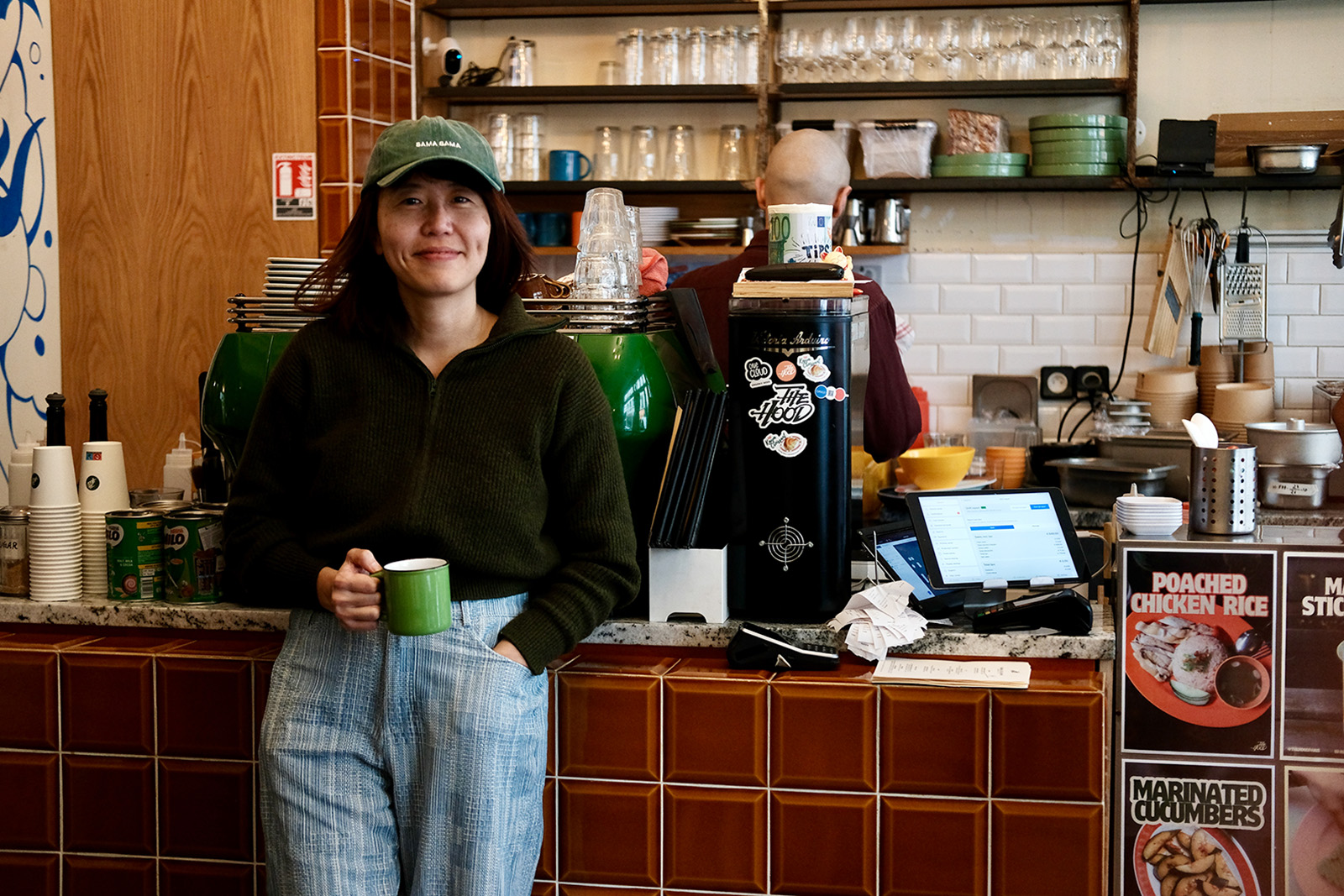
The Hood opened in 2016 as a cafe serving specialty coffee and desserts with distinctive south-east Asian flavours like pandan leaf. Three years later, co-founders Pearlyn Lee, a former commodities banker, and Khánh-Ly Huynh, the winner of MasterChef France 2015, expanded their menu to offer Singaporean classics including Hainanese chicken rice.
At the time, none of the meat options were halal, which meant that Muslim clients were limited to nasi lemak, a Malay dish of rice cooked in coconut milk typically served with a spicy sambal. Lee said the desire to make The Hood an inclusive place – the cafe is situated in a neighbourhood with many Muslim residents – prompted the decision to source halal meat.
“Our national language is Malay and 15% of the population is Muslim. So it is very prevalent in everyone’s diet because we eat all cuisines,” said Lee.
“Whereas when I arrived in Paris, everyone was tucked in their own little niche and it wasn’t mainstream. And I think that’s what we’ve been really trying to do at The Hood – it’s to make certain things that were supposed to belong to a certain category mainstream.”
Authentic, underrepresented regional Chinese cuisine
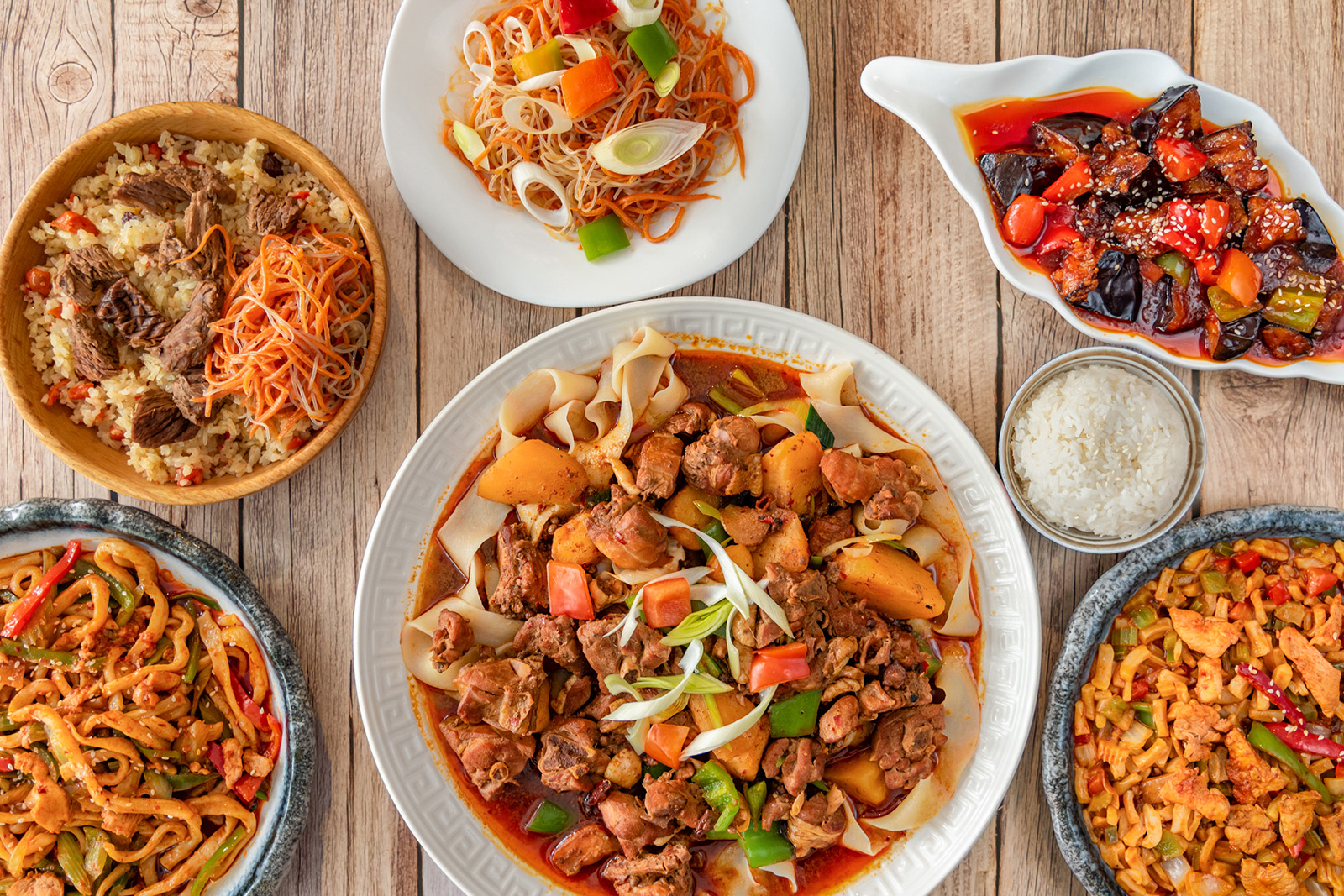
Of the hundreds of Chinese restaurants in Paris, Muqam is one of only a handful that specialise in the cuisine of Xinjiang, the vast region in Northwest China whose population is predominantly Uyghur.
The persecution of Uyghurs, a Turkic Muslim ethnic group with cultural roots extending deep into central Asia, by the Chinese state has drawn international condemnation in recent years. The issue is so sensitive that Muqam’s owner, Farak Hasan, has avoided speaking publicly until now.
“When we opened, most people didn’t even know who Uyghurs were,” he said.
Misunderstandings persist, partly because Uyghur identity defies neat categories. “Where we come from in China, it’s difficult to explain. Our identity is also difficult to explain because our religion is part of central Asian culture. And it’s quite different from the Chinese Uyghurs, you know? Our food is also different,” he said.
Among Muqam’s highlights are laghman, hand-pulled, stir-fried noodles served with lamb or beef, and toho qordaq, a spicy, comforting braised chicken dish made for sharing.
Meat paradise
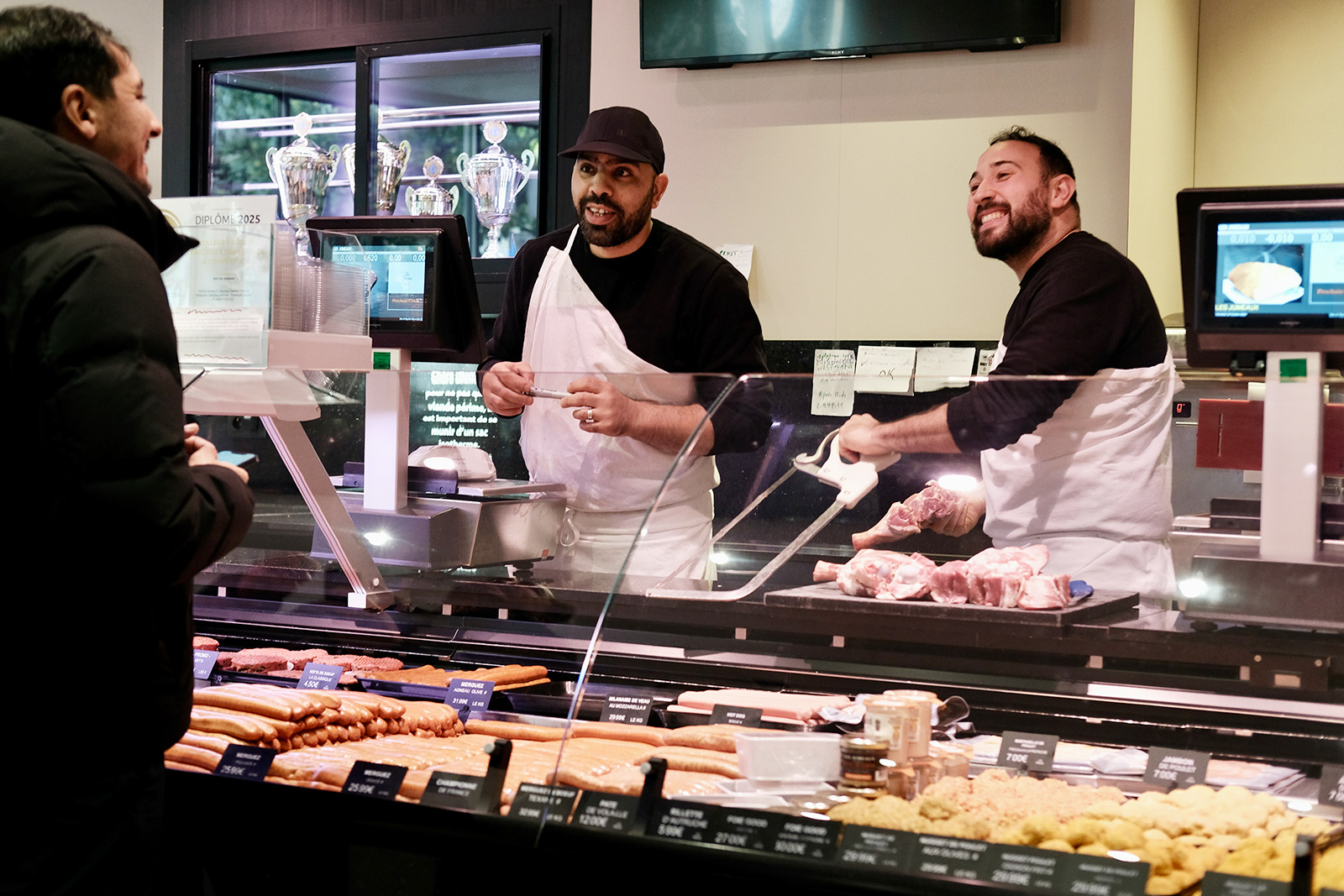
At first glance, Les Jumeaux looks like it could be a jewellery shop rather than a butcher. A golden velvet rope marks the entrance and the floor is patterned with a Versace motif. But the only treasures in its vitrines are cuts of lamb, keftas and merguez sausages — in flavours ranging from honey and dates to emmental — and €400 bottles of balsamic vinegar.
Franco-Tunisian entrepreneur Slim Loumi, a larger than life character, opened Les Jumeaux in 2010 with his twin brother Karim. They say they were the first in France to offer “organic” halal meat, a label they lost in 2019 after a ruling from the European Court of Justice forbid halal meat to be certified organic.
Even so, more and more butcheries in France now sell “organic” halal meat, betting on quality rather than price. Loumi even sells chickens from the Bresse region, which carry an AOP label.
“The challenge is to find good producers. The older generation is super racist but we connected with young people who were sick of seeing their parents stay at the farm so they travelled and became more open-minded,” said Loumi.
Now, a new generation of middle-class French Muslims are driving a demand for premium quality meat. It’s a change that is reshaping the image of halal in France.
For a chic Lebanese meal
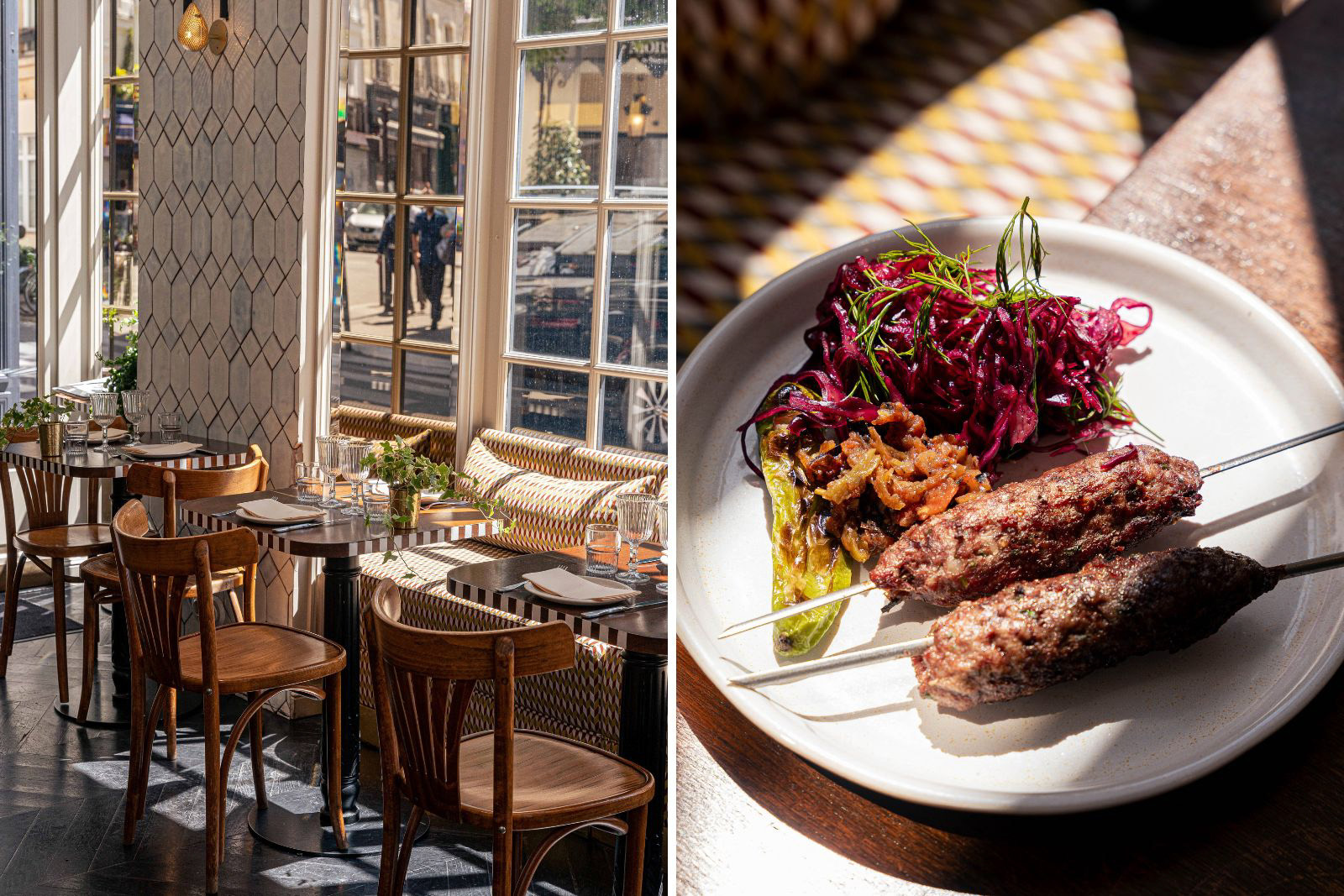
Liza has been serving elevated Lebanese cuisine in Paris for more than two decades. The restaurant, opened by Liza Asseily and her husband Ziad, draws on her upbringing in Beirut and training at a prestigious Swiss hospitality school. The menu features refined versions of classics such as aubergine fatteh, shawarma and kharoof mahshi, stuffed lamb. A second branch, located inside a hotel in the 9th arrondissement, offers a more playful fusion menu, with dishes like lamb tacos and wagyu kefta.
A smash burger on the go
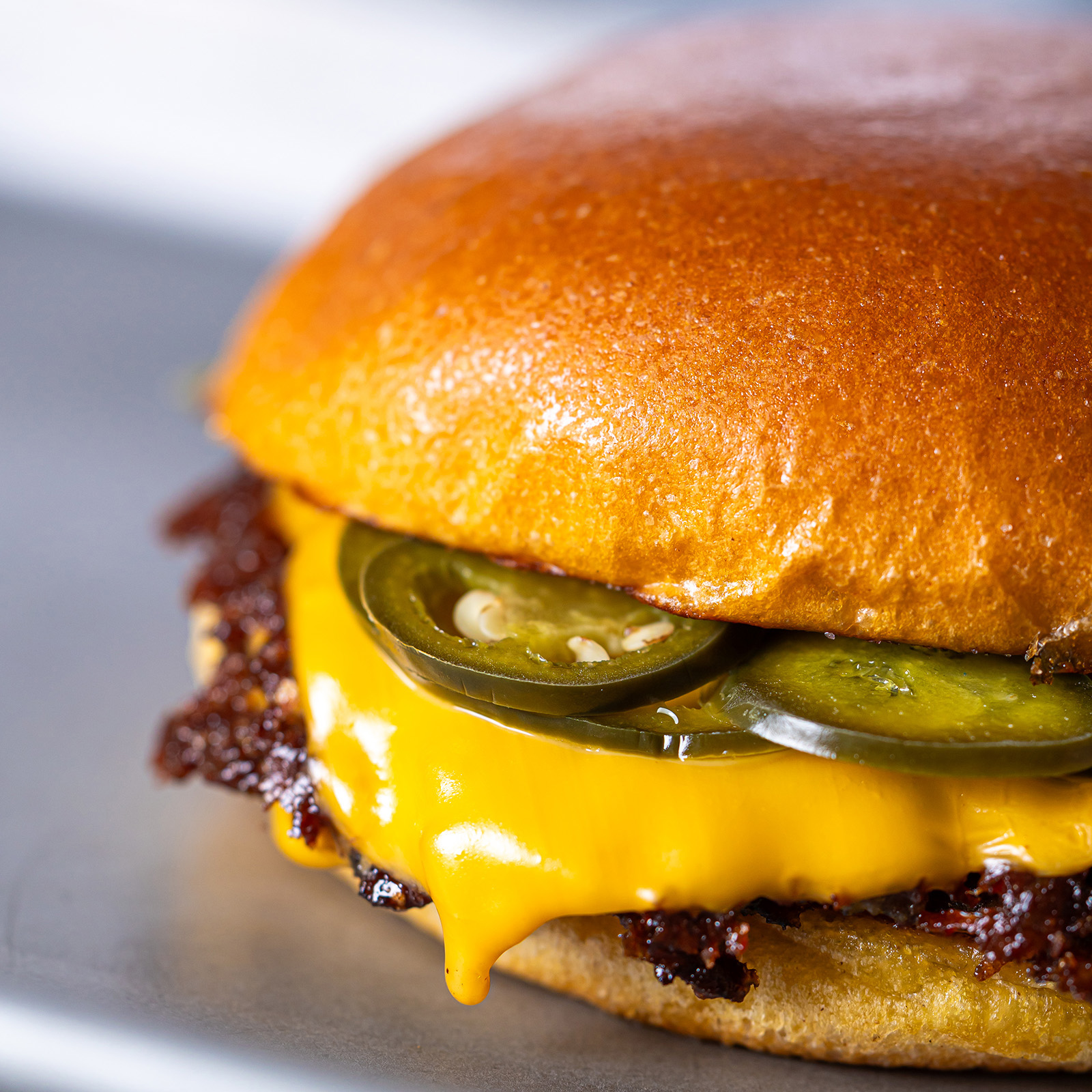
The smash burger hype arrived in Paris when Dumbo opened its first address in Pigalle six years ago. Since then, many restaurants have replicated this addictive version of the hamburger, with its thin, crispy and juicy steak.
That includes French-Tunisian entrepreneurs Majed Mansour and Wissem Ben Ammar who launched Junk in 2021 to cater to Muslim and non-Muslim clients alike by offering a halal smash burger. This trendy, minimalist spot now regularly hosts collaborations with chefs who have appeared on Top Chef France. Mansour and Ammar have since opened 17 outlets across France and outposts in London and Dubai.
 Newsletter
Newsletter



